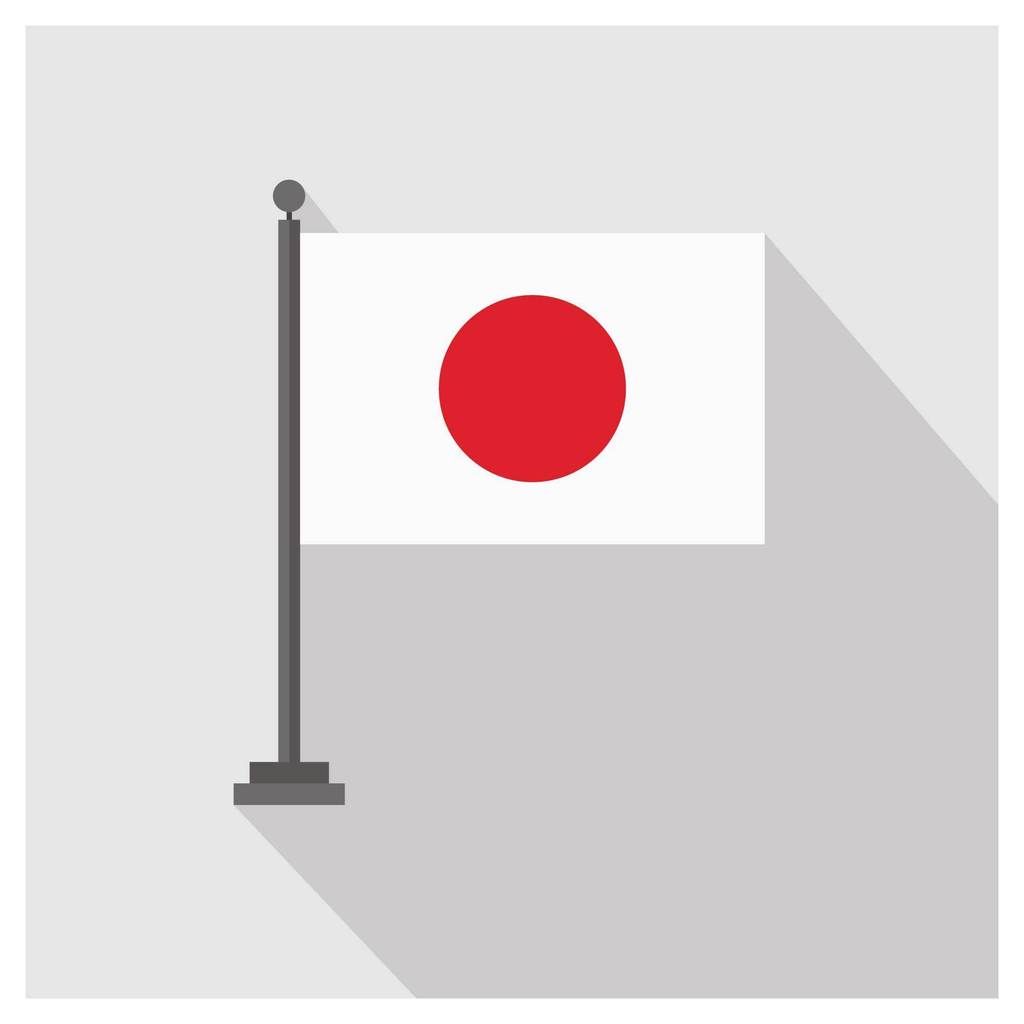Soliris Has Durable Efficacy in Japanese, Caucasian gMG Patients Alike, Extension Data Show

Treatment with Soliris (eculizumab) provides comparable and sustained improvements in daily living and muscle strength in Japanese and Caucasian patients with treatment-resistant generalized myasthenia gravis (gMG), according to one-year data of REGAIN’s extension study.
Efficacy and safety were maintained up to 52 weeks in both patient groups and were consistent with that observed over the REGAIN trial, which served as a basis for the medicine’s approval, researchers said.
Their study, “Long-term efficacy and safety of eculizumab in Japanese patients with generalized myasthenia gravis: A subgroup analysis of the REGAIN open-label extension study” was published in the Journal of the Neurological Sciences.
Soliris (eculizumab), developed by Alexion Pharmaceuticals, is approved to treat adults with generalized myasthenia gravis (gMG) who are positive for anti-acetylcholine receptor (AchR) antibodies.
In the European Union and Japan, the medicine is specifically indicated for those gMG patients for whom other medicines — immunosuppressive therapies, high-dose intravenous immunoglobulin, or plasma exchange — have failed.The FDA’s approval also mentioned this specific group of patients.
The safety and efficacy of Soliris for such treatment-resistant patients was established in the global study REGAIN (NCT01997229), a 26-week, double-blind, placebo-controlled trial that was the basis for the medicine’s approval.
Differences in both clinical features and immune genes linked to MG have been reported between Japanese and Caucasian patients. Examples are a higher incidence of infantile-onset MG, mostly of ocular disease, in Japanese and other Asian populations.
But it is not known whether such differences may influence the response of Japanese patients to Soliris.
To address that, researchers compared response to Soliris in Japanese and Caucasian patients enrolled in the open-label extension study of (NCT02301624) REGAIN, also sponsored by Alexion.
In this study, patients who participated in the initial trial (either in placebo or treatment groups) were provided treatment with 1,200 mg of Soliris every two weeks, for a maximum of four years, to collect long-term safety and efficacy information on the medicine.
Eligible patients had gMG that was positive for AChR antibodies and had failed to respond to two or more immunosuppressive therapies.
This particular analysis looked only at data from Japanese and Caucasian participants. It included 11 Japanese and 88 Caucasian patients, analyzed for a treatment period of up to one year (52 weeks) at the data cutoff (Dec. 31, s2017).
The same MG-specific scales used in REGAIN were used to evaluate patient responses, including the MG-ADL scale, the Quantitative MG scale (QMG), the MG Composite scale (MGC) and the 15-item MG Quality of Life questionnaire (MG-QOL15).
Change in scores across the study period showed that Soliris was capable of sustaining its benefits for long periods in Japanese and Caucasian patients alike.
It resulted in rapid improvements in several outcomes, including daily activities, muscle strength, functional ability, and quality of life, which were maintained through the 52 weeks.
“Notably, over half of both Japanese and Caucasian patients who had refractory gMG at the start of REGAIN achieved minimal manifestations of MG after 52 weeks of open-label eculizumab therapy,” researchers stated.
Overall, the safety profile of Soliris also was consistent with what previously had been reported during REGAIN. No new safety concerns were identified in Japanese participants.
The most frequently reported adverse events were headache (36.4% of Japanese patients, 37.5% of Caucasian patients) and nasopharyngitis, or common cold (100% of Japanese patients, 23.9% of Caucasian patients).
Serious adverse events were felt by 45.5% of Japanese and 46.6% of Caucasian patients. No Japanese patients experienced any MG crises, while 2.3% of Caucasian patients experienced it once.
At the time of this analysis, 22 patients (three Japanese and 19 Caucasian) had withdrawn from treatment. Only three Caucasian patients did so owing to adverse events. No cases of meningococcal infection were reported within the analysis period.
Despite limited by the small number of Japanese patients analyzed, this interim analysis showed comparable safety and clinical benefits of Soliris in both Japanese and Caucasian patients, which were sustained for at least 52 weeks.
“[Soliris] is therefore a useful therapeutic option for Japanese patients with difficult-to-control AChR+ gMG. The completion of the open-label study is expected to provide additional long-term efficacy and safety data,” the researchers concluded.






